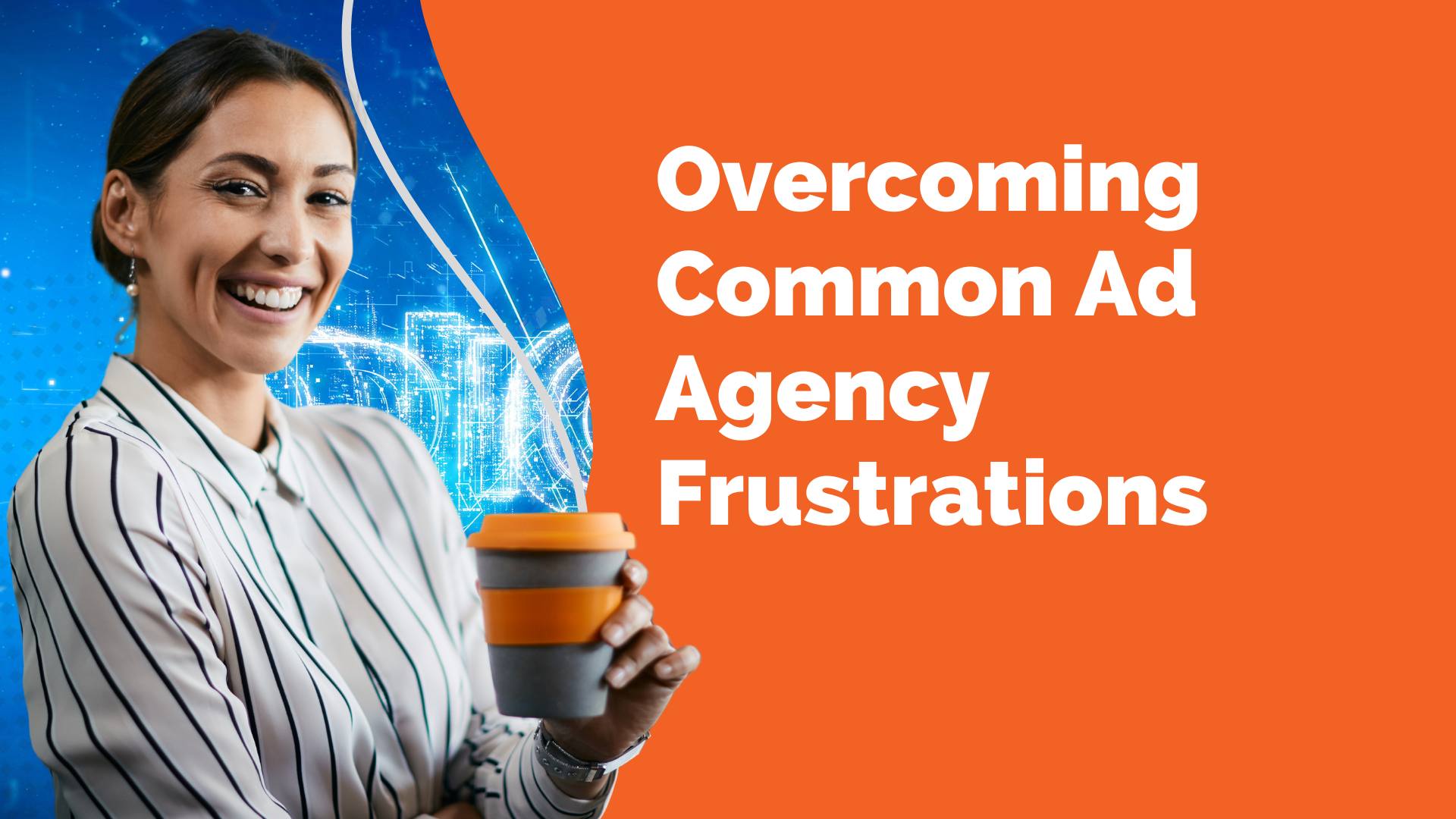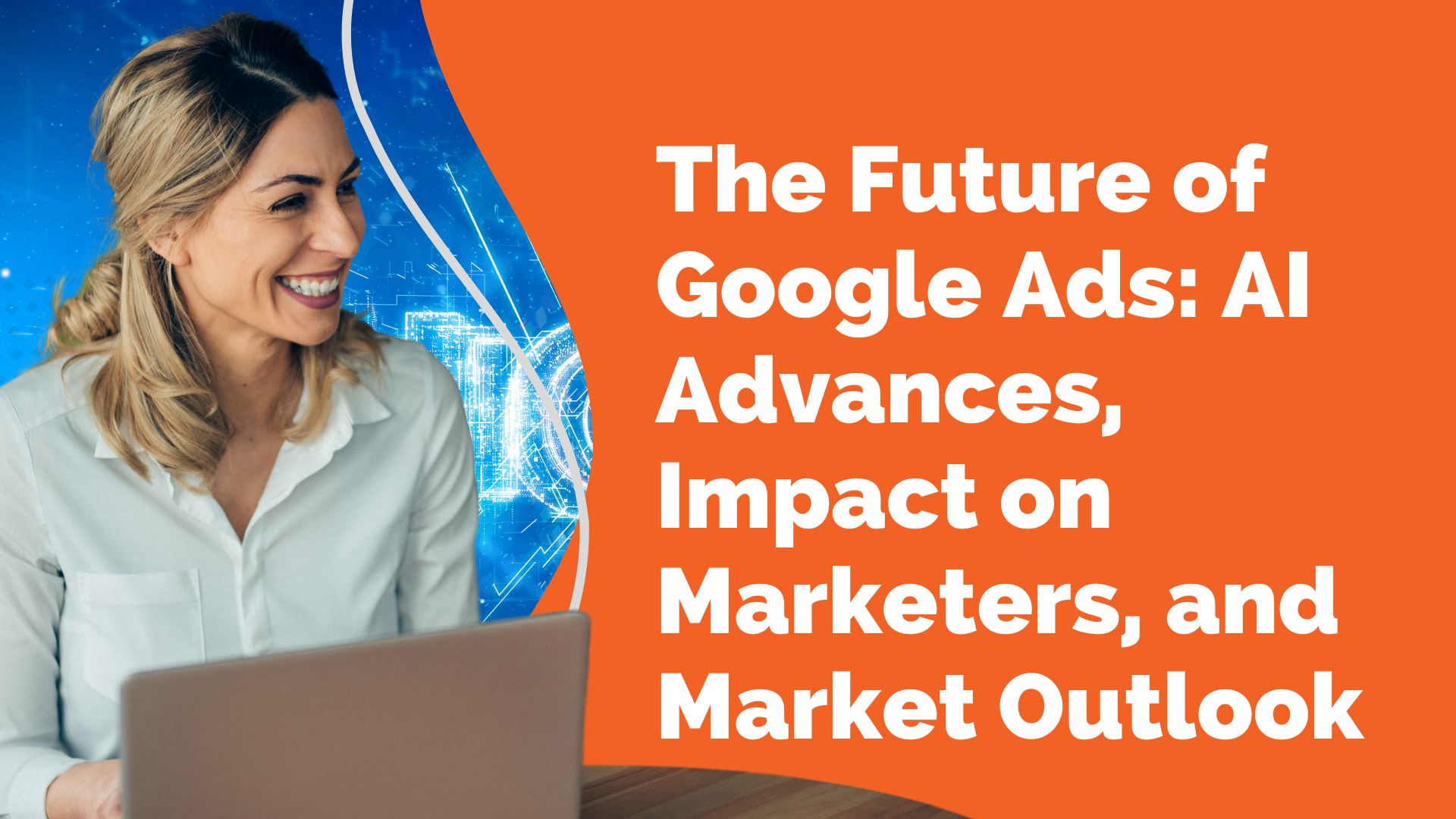Working with a Google Ads agency can elevate your online marketing efforts, but providing a clear and comprehensive briefing is crucial for achieving the best results.
Here’s a step-by-step guide to creating the perfect briefing for your Google Ads agency.
1. Define Your Business Goals
Start by outlining your overall business goals. Be specific, measurable, and time-bound.
- Context: Clear business goals provide direction and help the agency align its strategies with what you want to achieve.
- Example: Increase online sales by 25% within six months, generate 500 qualified leads per month, or improve brand awareness by increasing website traffic by 40%.
2. Specify Campaign Objectives
Break down how Google Ads can support your broader business goals.
- Context: Campaign objectives translate high-level business goals into specific marketing actions.
- Examples: Boost product sales, drive sign-ups for newsletters, or promote a new product launch.
3. Define Target Audience
Clearly describe your target audience to help the agency craft tailored campaigns.
- Context: A well-defined target audience ensures that campaigns reach the right people, maximizing efficiency.
- Examples:
- Demographics: Age, gender, location.
- Interests & Behaviors: Online activity, purchasing habits.
- Customer Personas: Describe key personas with detailed traits like “Tech-savvy millennials interested in smart home gadgets.”
4. Provide Branding Guidelines
Maintain brand consistency by sharing relevant assets and style instructions.
- Context: Consistent branding builds trust and recognition.
- Examples: Share logo files, fonts, brand colors, tone of voice, and examples of past successful campaigns.
Set clear KPIs to measure campaign success.
- Context: KPIs define what success looks like and help track progress.
- Examples: Cost Per Click (CPC), Return on Ad Spend (ROAS), Click-Through Rate (CTR), and Conversion Rate.
6. Allocate Budget and Timeline
Discuss your budget and campaign timeline.
- Context: A well-planned budget and timeline ensure resource efficiency and timely campaign execution.
- Examples: Set a total budget, define daily spend limits, and specify campaign launch and end dates.
7. Detail Products or Services
Describe your products or services thoroughly.
- Context: Detailed product information enables the agency to craft compelling ad content.
- Examples: Highlight unique selling points (USPs), product categories, bestsellers, and current promotions or discounts.
8. Provide Competitor Insights
Help the agency understand your market by listing key competitors.
- Context: Competitor insights allow the agency to differentiate your offerings and identify market gaps.
- Examples: List competitors and describe their advertising strategies, market trends, and industry benchmarks.
9. Set Reporting Expectations
Ensure transparency by defining reporting requirements.
- Context: Regular reports provide visibility into campaign performance and guide adjustments.
- Examples: Agree on report frequency (weekly, monthly), preferred format (dashboard, PDF summary), and key metrics to be included.
10. Clarify Communication Channels
Define how you’ll collaborate and communicate.
- Context: Clear communication channels streamline collaboration and reduce misunderstandings.
- Examples: Specify preferred tools (email, Slack, project management software), schedule regular check-in meetings, and designate a point of contact from your side.
By following these steps, you’ll create a comprehensive briefing that sets the stage for a productive partnership with your Google Ads agency, ensuring campaigns that drive results and maximize ROI.
About the Author
Alex is Founder & Strategic Advisor at UnitedAds, a leading digital marketing agency specializing in PPC Management.
With nearly two decades of industry experience, he has become a recognized authority in creating high-impact Google Ads campaigns that drive business growth.
Under his leadership, UnitedAds has built a strong reputation for delivering data-driven strategies that maximize ad performance and improve online visibility. Alex’s expertise lies in leveraging the full potential of PPC to help businesses scale efficiently and achieve sustainable success in the competitive digital marketing landscape.







